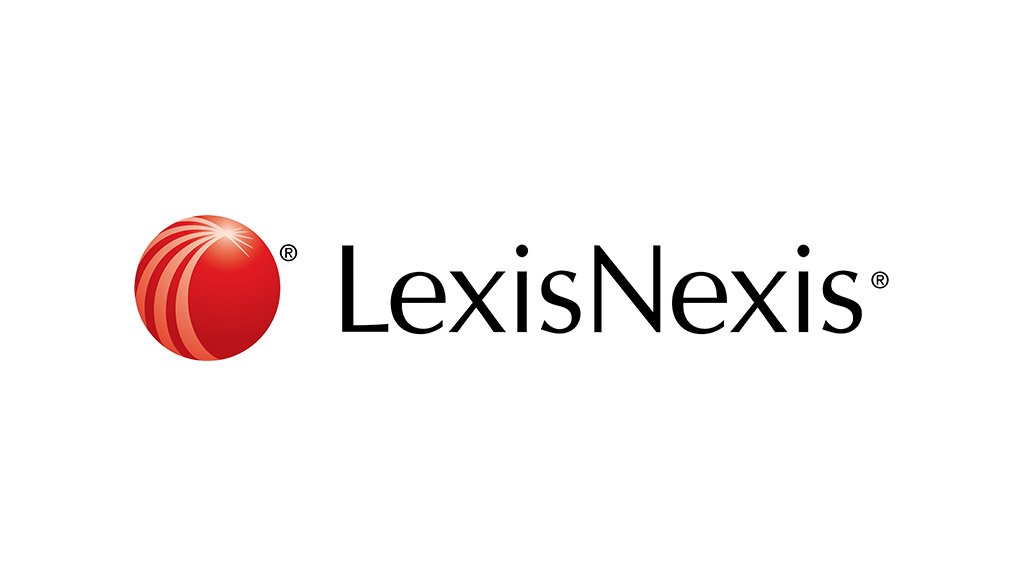Small businesses are as much at risk of financial crimes, such as money laundering, tax evasion, and terrorist financing activities, as their larger counterparts. The Financial Intelligence Centre Act 38 of 2001 (FICA) requires companies to comply or face serious consequences.
Accountable institutes within the small business category include law firms, real estate agencies, insurance brokerages; auditors and accountants; tax advisors; exchange service providers; casino and gambling operators; precious metal dealers; motor vehicle dealers and pawnbrokers.
Money laundering, in particular, is one of the most serious financial offences that can be committed under local and international law. Guilty parties face penalties of up to R1-billion and life imprisonment, while companies that fail to mitigate risk by not complying with AML and Know Your customer (KYC) regulations and the reporting of suspicious activity – also risk fines up of to R100-million or imprisonment of their leadership.
The risks are not limited to legality but extend to the health and sustainability of the business overall. Being the victim of a financial crime can throw any company into disarray, which is why every business owner should be aware of these threats, said Rudi Kruger, General Manager of Data Services at LexisNexis.
“It is important that you understand the nature of the company you’re looking to get into business with and the people behind it. Sometimes a business opportunity may come along that seems too good to be true, and while it could be a legitimate opportunity, always look a little deeper before getting on board just to be safe,” said Kruger. “It will serve a small business owner to apply a risk-based approach effectively and efficiently understanding their suppliers, associates and customers at all times. This is not only a legal requirement but a way of protecting the business.”
A risk-based approach includes conducting investigations into watchlists, politically exposed persons list, negative news, company reports and leadership personal profiles to determine if a particular associate is above board. For businesses that deal with many third parties regularly, a solution like Nexis®Diligence is ideal for screening high volumes of information, frequently and in great detail. Not only does the solution arrange the necessary information, it also assists with the interpretation of the results against the law.
Nexis®Diligence is an online enhanced due diligence research tool that makes the process far less intimidating. It provides access to over 40 years of archived comprehensive adverse news, sanctions and extensive warning lists, PEPs, director and shareholder listings, biographical references and directories, and comprehensive legal source material. It has the ability to monitor and assess potential security threats abroad by checking comprehensive country information and on the ground media reports. In addition, Lexis®Diligence helps users save time and money by performing enhanced due diligence checks on individuals, clients, partners and suppliers in-house, rather than working with expensive consultants.
For more information, visit https://www.lexisnexis.co.za/lexisdiligence
EMAIL THIS ARTICLE SAVE THIS ARTICLE ARTICLE ENQUIRY
To subscribe email subscriptions@creamermedia.co.za or click here
To advertise email advertising@creamermedia.co.za or click here











